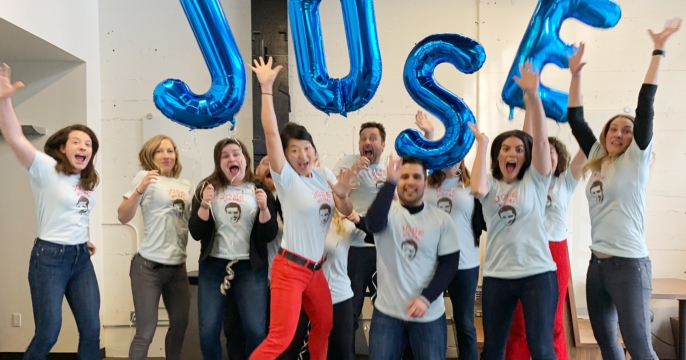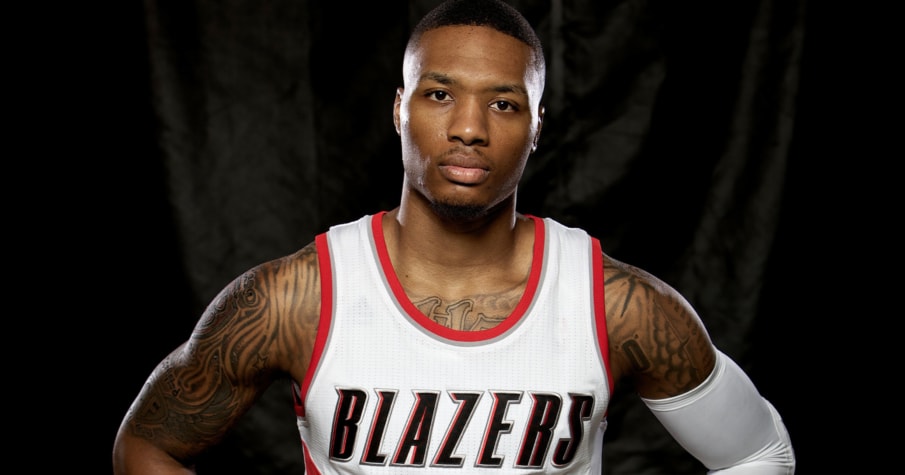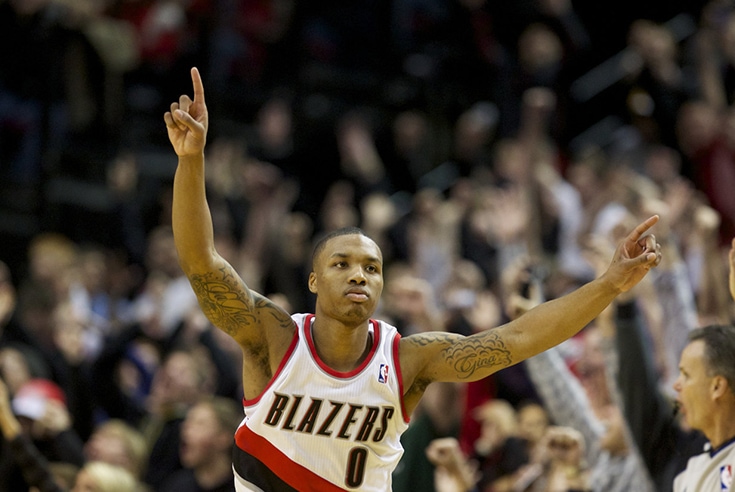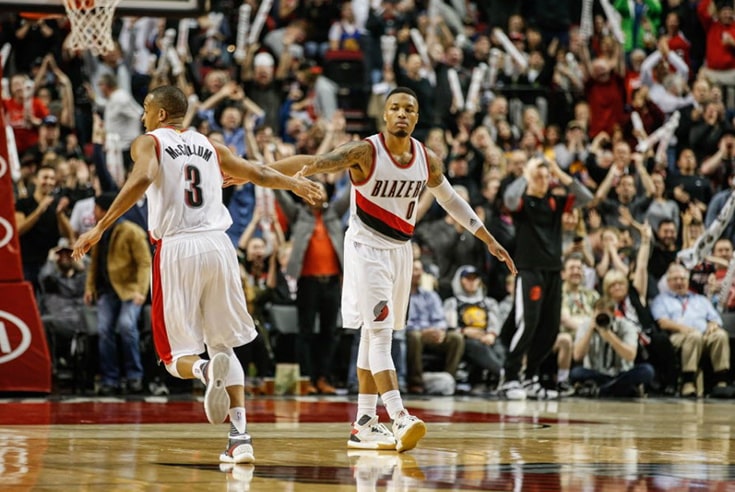
Why Employee Satisfaction Isn’t Enough
For years, the name of the game for managing people was employee satisfaction. With a changing labor market and higher employer standards, that focus is changing.

Here in Portland, October can only mean one thing: another season of Rip City basketball. For those unfamiliar with the term, “Rip City” is our time-honored way of expressing affection and commitment to our Portland Trailblazers.
With just one NBA championship ring to show for the last 46 years, the Trailblazers are beloved despite years of dashed hopes. Somehow, “Rip City” has sustained Portland’s underdog fans, even though cynics will tell you it’s because we don’t have pro football (soccer fans will beg to differ…but, you get the idea).
Four decades provides a lot of material for learning - both in terms of basketball and culture. Maybe less obvious are the lessons the Blazers can teach us about business.
Each year, Rip City starts at the bottom of a very steep hill. Portland is a small market, so it’s nearly impossible to recruit the “big stars.” Phenoms like Kevin Durant, Steph Curry, and Chris Paul, are usually looking for two things: endorsement deals and championships. Only cities like LA, Miami, and Dallas have the audiences and team payrolls to bring both. Sure, there’s the exception (see the perennial genius of Greg Popovich and the San Antonio Spurs) but most star-level players know their value is maximized by markets that are 5-10X the size of Portland.
Unfortunately, Portland’s challenges don’t stop with its small stature. The Blazers are part of the Western Conference, which is widely regarded as much more competitive than its fraternal twin, the Eastern Conference. In fact, until 2014, the Blazers went for 14 years never even making it past the first round in their conference playoffs.
And, to add insult to injury (quite literally), Portland’s recent past is littered with the bodies of what could have been… young talent with limitless potential, laid waste by bad knees and torn ligaments.
So, outgunned and undersized, how is it that the Blazers manage to win? And, not only win, but seemingly improve each and every year?
The answer is several layers deep… but to put it into one word, it’s about the employees.
While professional basketball players make a lot more money than you or I, at the end of the day they’re not much different from any other employee: they have a job, career objectives, training, various positions, motivations, advancement opportunities, and so forth. While the scope, scale, and public stage may make athletes seem larger than life, their fortunes rise or fall on the same drivers that allow us regular folk to succeed in our 9 to 5 positions.
The more I watch both basketball and the “game” of business, the more parallels I observe in what makes for a winning team – on and off the court.

I’m a huge fan of the Trailblazers’ burgeoning leader, Damian Lillard. In fact, I happen to think he may just be one of the brightest employees the franchise has had in decades.
Here’s why.
Damian Lillard is a GREAT shooter. His playoff buzzer-beater in 2014 is heralded as the best shot in the entire history of the franchise.
But what many don’t realize is that Lillard’s true genius is in his team building. He routinely:
This guy knows how to build social capital, and intuitively understands that the loyalty of his team is built on the investments he makes in each of them on and off the court. Few would imagine a professional basketball player walking around with books on management, but Lillard actually cites Tribes by Seth Godin as just one of the many books that influence his leadership.
Here’s how Lillard describes his perspective on bringing in “stars,” during the free agency season:
"We've started from here and just built and built and built… At this point, I'm confident we could bring in a guy and get him to buy into it.
I'm willing to protect our culture. If we can get some guys in free agency or whatever, and they buy into this kind of stuff, then we continue this. But we don't change how we are – and we won't because I won't allow that to happen."
Lillard says two key things here:

Most all-star athletes herald from college powerhouses: North Carolina, Kansas, UCLA… you get the picture. These are the teams that perennially make the NCAA March Madness playoffs, winning year after year.
Damian Lillard? A “two star” recruit from Utah’s Weber State. Weber State you ask? Yes, it’s a Division 1 school that has a remarkably good basketball team for its size.
But let’s get real: the team rarely makes the NCAA tournament and has only made it out of the first round twice in the last 30 years. Suffice it to say, while a great program, Weber State is a far cry from the silver spoons handed out at the NCAA behemoths.
Yet in the face of humble roots, Damian Lillard has persevered.
He took a small program in Utah and helped make it better. When he came to Portland as a 6th-round draft pick in 2012, he quickly rose to prominence receiving a unanimous rookie of the year recognition. Twice he’s been listed as an all-star and repeatedly talks of loyalty to those who’ve put their faith in him.
And despite his incredible rise to fame – a true rags-to-riches story – you’ll never hear Lillard talking about how great he is or thumping his chest over the top of his opponents. Instead he does exactly what he’s always done – he puts his head down and gets to work.
The Blazers are off to a good start, winning their opening game at home with the confidence of a team that loves to prove the "experts" wrong. But, as any student of basketball will tell you, there's a long road ahead: 82 games and 29 determined teams all looking to take down Portland's rising star. I love this team, but it's anybody's guess how far they'll go this year.
But one thing I can say for sure is that this group of guys knows the winning formula for beating long odds.
I’ll be rooting for the same qualities in the Blazers that I work to weave into my team at Kinesis: a laser-like focus on grit and sweat, culture and teamwork, and the initiative of A-players who know what it means to build something greater than themselves.
Rip City!
Get insights like this straight to your inbox.